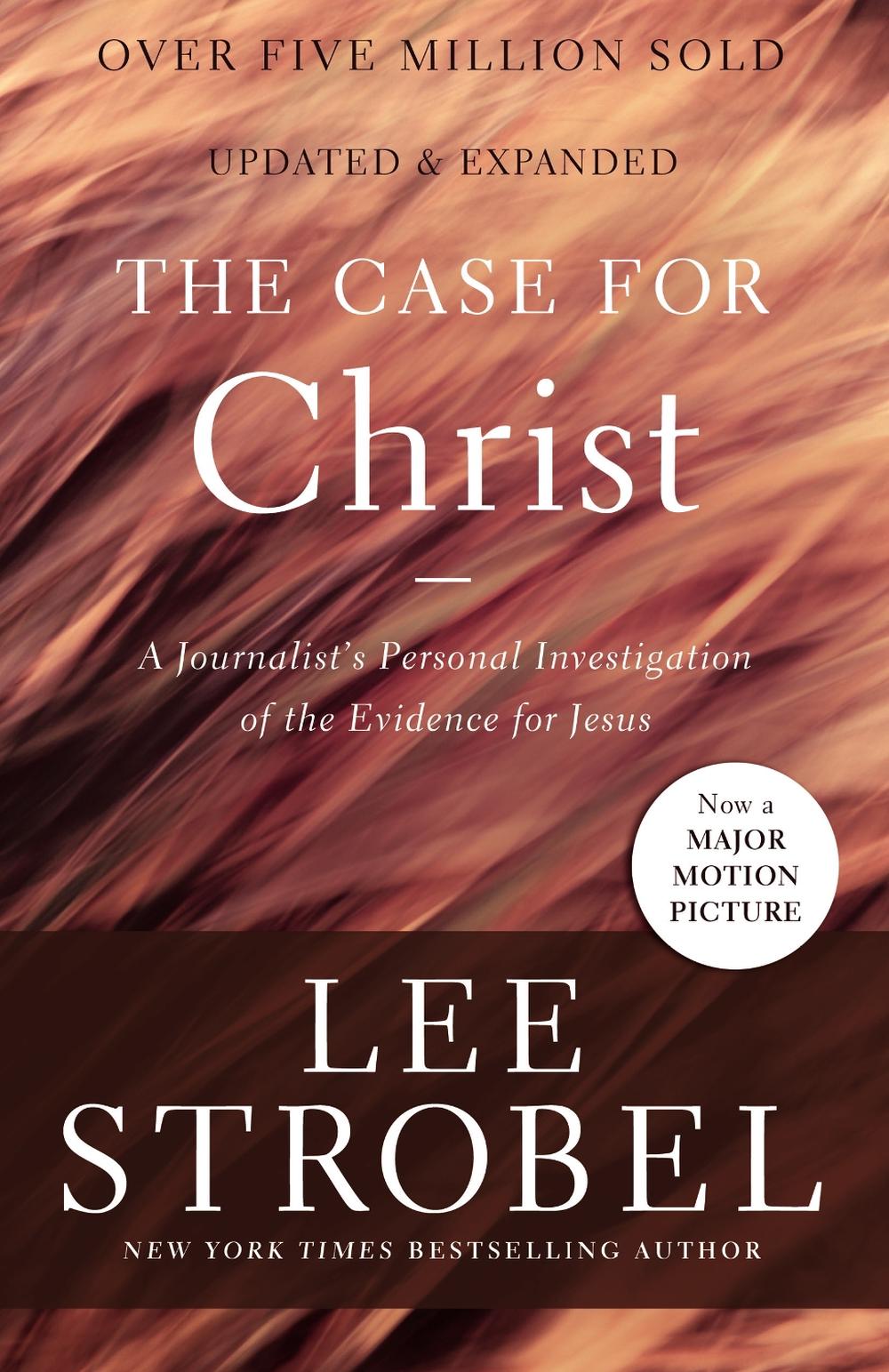
The Case for Christ, book cover
June 10, 2025
The Case for Christ by Lee Strobel Book Review
Started Reading 2025.06.03
Finished Reading 2025.06.10
I picked up The Case for Christ knowing the premise, and knowing the general story: non-believing journalist tries to conclude that Christianity is false and Jesus didn't rise from the dead, and turns out Christianity is true and Jesus did rise from the dead. Still, not knowing exactly what to expect, and honestly, it blew me away. This book is fantastic—scholarly without being dry, well-written, and packed with solid research that actually makes you want to dig deeper into the citations.
Lee Strobel, a former Chicago Tribune journalist, basically treats the question of Jesus like a massive investigative story. He interviews real scholars—not just random people with opinions, but actual historians, archaeologists, and biblical experts from serious universities. The guy knows how to ask the right questions and present complex stuff in a way that doesn't make your brain hurt.
The research is impressive. These aren't fluff interviews; Strobel is talking to people who've spent their careers studying ancient texts, digging up archaeological evidence, and analyzing historical documents. And the citations? Gold mine. I'm already planning to chase down several of the sources he references. This book is filled with tabs now, for research and evangelism!
The book reads like good journalism, which makes sense given Strobel's background. He knows how to tell a story and keep you engaged while delivering serious information. No academic jargon that makes you feel like you need a PhD to follow along—just clear, solid writing that respects your intelligence.
However, one thing that got a bit old: every chapter starts with some legal case that's supposed to parallel the evidence he's about to discuss. It's a clever idea, and it works great at first, but by chapter six or seven, you're like "alright, I get it, we're building a case." It's not a dealbreaker, just a little repetitive. The actual content that follows is always worth it and really what I'm trying to get to instead of the introductions.
This is the kind of book that changes how you think about historical evidence and religious claims. Whether you're a believer looking for intellectual grounding or someone curious about what scholars actually think about Jesus, it delivers. The fact that Strobel provides all those citations shows he's confident in his sources and wants you to keep learning.
The Case for Christ is exactly what good popular scholarship should be—serious research presented in a way that's actually enjoyable to read. The minor repetition with the legal introductions doesn't hurt what's ultimately a really solid, well-researched book that takes both its subject and its readers seriously.
If you're interested in Christian apologetics, historical Jesus research, or just like books that make you smarter while keeping you engaged, this one's a winner. Plus, those citations will keep you busy for months if you really want to dive deep.